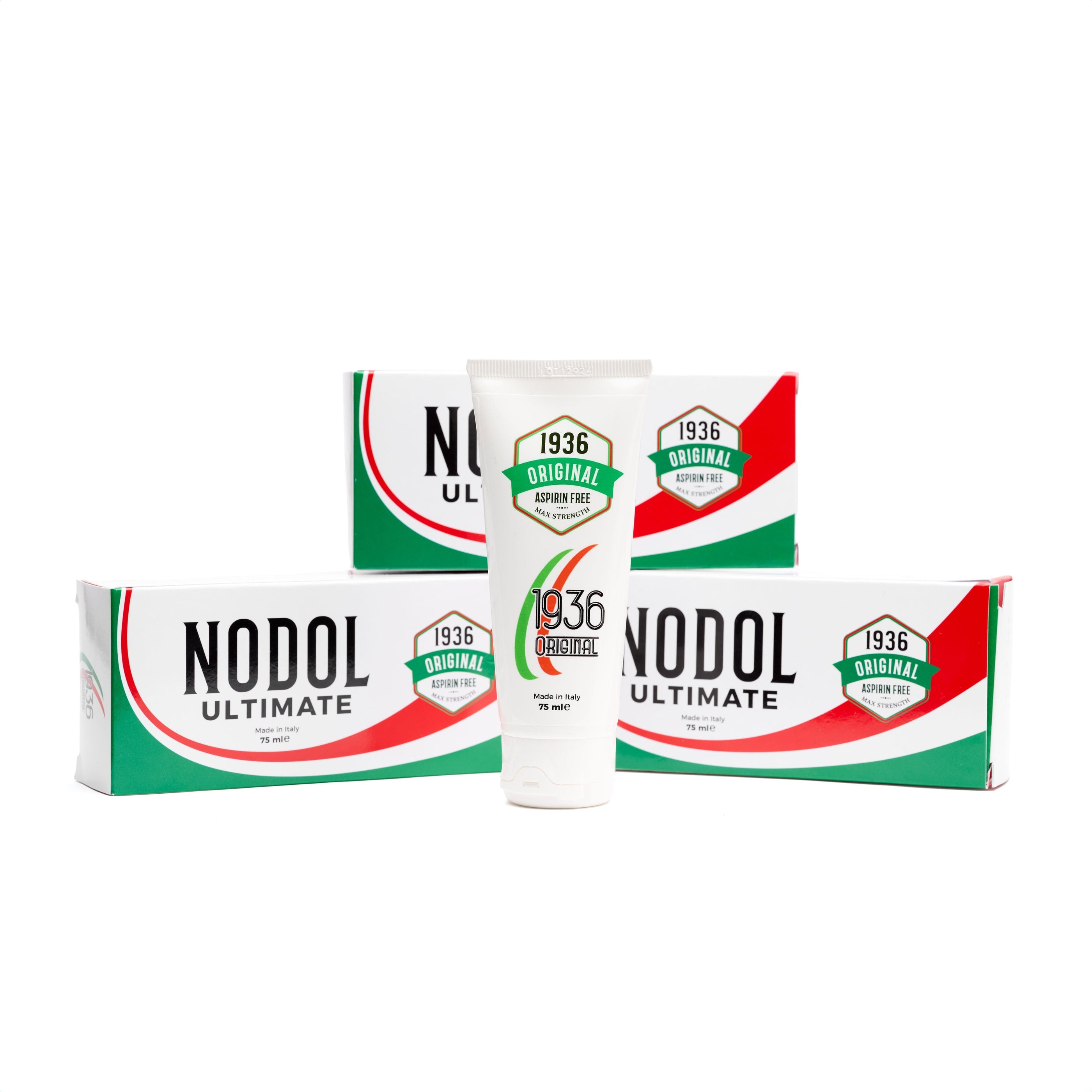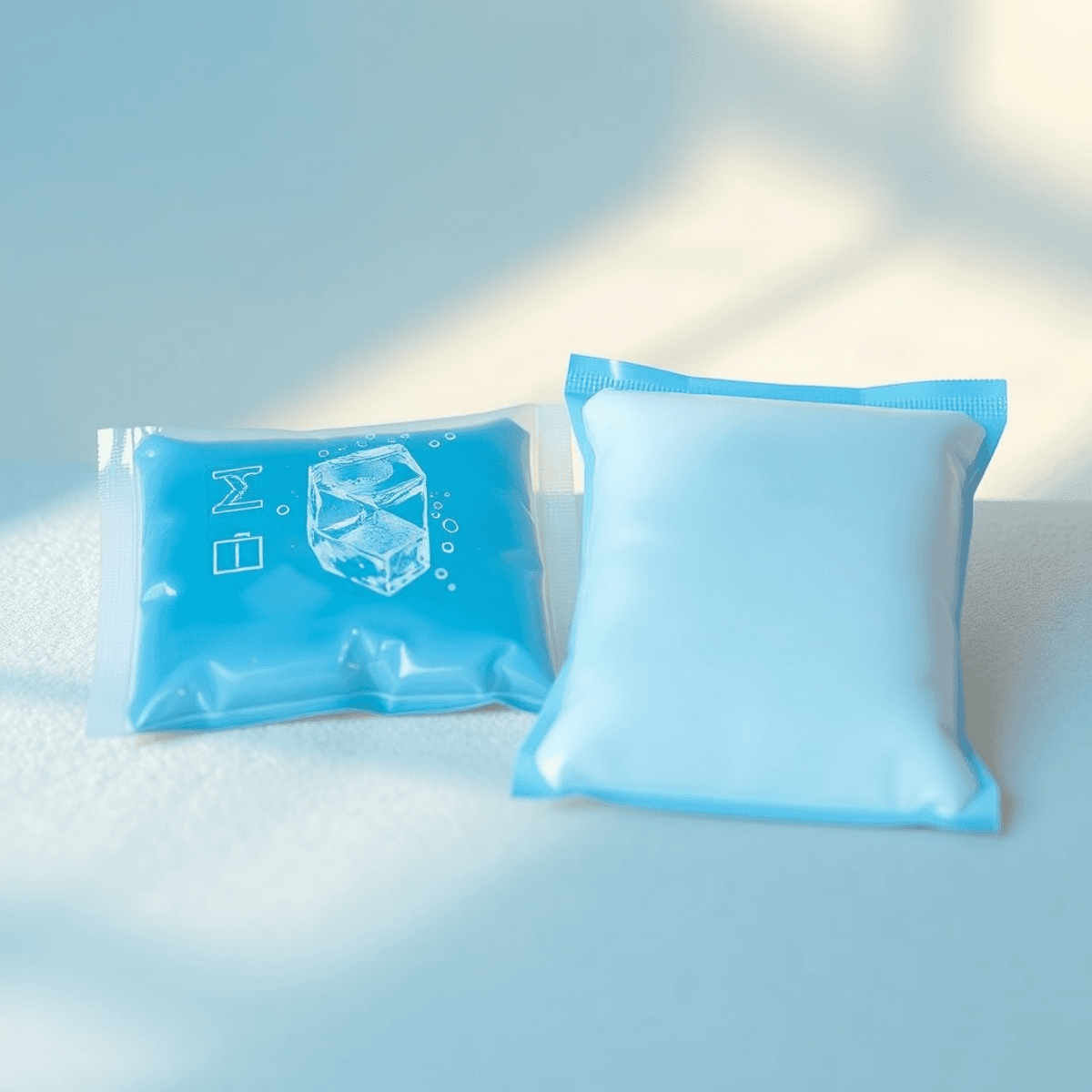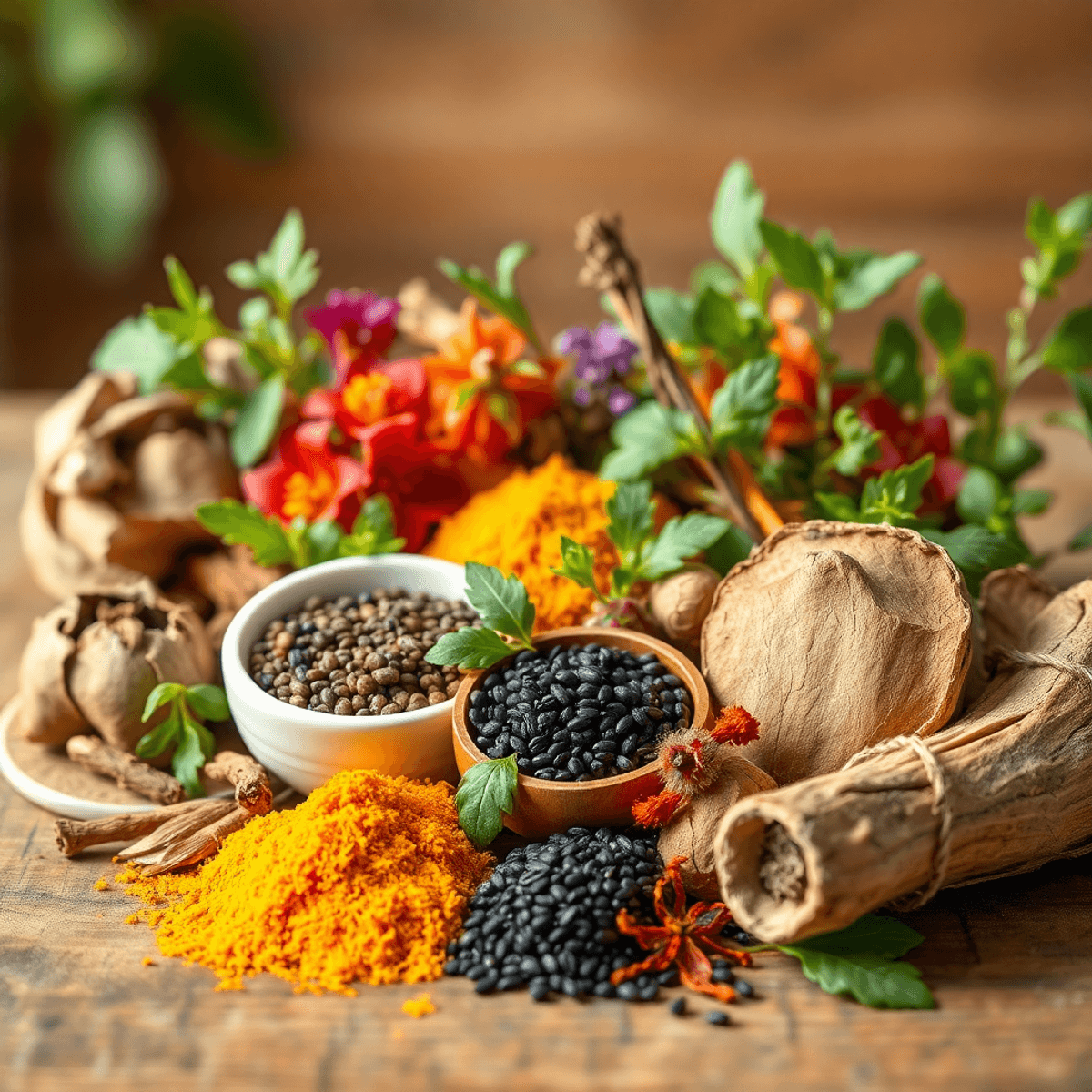Knee Arthritis Relief: Best Treatments Without Going Under the Knife
Introduction
Knee arthritis is a common condition that can significantly affect your daily life, causing pain, stiffness, and difficulty moving around. It doesn't just impact your body; it can also take a toll on your emotions by making it hard to do everyday tasks or enjoy activities you love. Many people think that surgery is the only effective way to manage arthritis symptoms, but that's not true.
The Best Knee Arthritis Treatments Without Surgery are becoming more popular for those looking for relief without invasive procedures. This article aims to uncover the most effective non-surgical options for knee arthritis treatment, offering hope and practical strategies for those affected. You'll discover ways to manage arthritis with techniques and supplements for joints that promise joint health improvements. Embracing these methods empowers you to maintain an active lifestyle while potentially saying, "I cured my osteoarthritis" through proactive management rather than surgery.
Exploring natural health options can be a game-changer in your journey towards relief from knee arthritis. These methods not only help in managing the symptoms but also promote overall well-being by harnessing the healing power of nature.
Understanding Knee Arthritis
Knee arthritis is a condition characterised by inflammation and degeneration of the knee joint. It comes in various forms, each with distinct causes and characteristics:
1. Osteoarthritis
The most prevalent type affecting the knee, osteoarthritis results from wear and tear of the cartilage cushioning the joint. Over time, this leads to pain, stiffness, and reduced mobility.
2. Rheumatoid Arthritis
An inflammatory arthritis, rheumatoid arthritis is an autoimmune disorder where the immune system mistakenly attacks joint tissues, causing swelling and pain.
3. Psoriatic Arthritis
Often associated with psoriasis, this type can cause joint pain, stiffness, and swelling, particularly in the knees.
4. Ankylosing Spondylitis
Primarily affecting the spine, ankylosing spondylitis can also impact knee joints, leading to inflammation and discomfort.
Common symptoms across these types include:
- Pain: A persistent ache or sharp sensation in the knee.
- Stiffness: Difficulty moving the knee freely.
- Swelling: Inflammation causing noticeable enlargement around the joint.
Understanding these symptoms and types helps tailor treatment approaches effectively. Osteoarthritis remains a key focus due to its prevalence in knee joints. These insights lay the groundwork for exploring non-surgical treatment options that alleviate symptoms while maintaining joint health.
The Importance of Active Management in Knee Arthritis Treatment
Knee arthritis is a chronic disease that requires ongoing management to ensure long-term joint health and overall well-being. Actively managing arthritis involves adopting lifestyle changes, which are crucial not only for the knees but also for other affected areas such as the hands and feet. This proactive approach helps mitigate arthritis symptoms like pain, stiffness, and swelling.
Effective management of knee arthritis can be compared to the way we manage other chronic conditions such as high blood pressure. Just as you would not wait for a heart attack before addressing hypertension, waiting for knee pain to worsen before taking action is not advisable. Proactive measures are essential in both scenarios to prevent long-term consequences.
Failing to actively manage arthritis in the knee can lead to increased pain and disability. Without treatment, the condition may progress, resulting in significant limitations in daily activities and a potential decline in quality of life. By prioritising active management through exercise, proper nutrition including the use of all-natural ingredients, and other therapeutic interventions, individuals can slow down the progression of arthritis and maintain an active lifestyle.
Non-Surgical Treatment Options for Knee Arthritis Relief
1. Short-Term Pain Relief Strategies
Effective management of knee arthritis often begins with short-term pain relief strategies. Oral pain medications such as Tylenol (acetaminophen) and NSAIDs (non-steroidal anti-inflammatory drugs) like ibuprofen and naproxen are commonly used.
Tylenol
This medication is generally safe for those without liver issues, providing effective relief from arthritis pain. Always adhere to recommended dosages to avoid potential harm.
NSAIDs
These drugs excel in addressing arthritis-related inflammation, offering significant short-term relief. However, they come with risks, particularly for individuals with cardiovascular disease. Prolonged use of NSAIDs can adversely affect the heart, kidneys, and stomach, increasing the risk of heart attacks or strokes. Consultation with a healthcare provider is advised before long-term use.
For those seeking alternatives to oral medications, topical NSAIDs present a viable option. Products like diclofenac gel can be applied directly to the skin around the affected area, providing localised pain relief while minimising systemic side effects associated with oral intake.
Steroid injections offer another method for managing severe knee pain due to arthritis. These injections deliver powerful anti-inflammatory effects directly into the joint, yielding relief that can last from one to three months.
Efficacy of Steroid Injections
Despite their effectiveness in reducing pain quickly, steroid injections are not without risks. They have been linked to potential long-term cartilage damage due to their chondrotoxic nature, meaning they may harm cartilage cells and accelerate arthritis progression over time.
Understanding these options equips you with strategies to manage knee arthritis effectively while weighing benefits against risks. This awareness is crucial in maintaining joint health without resorting to surgery.
In addition to these conventional methods, exploring natural pain relief solutions might be beneficial. For instance, 1936 Original's Pain Relief Bundle offers a complete solution for natural relief from back, joint, and muscle pain using an all-natural cream with 95% natural ingredients.
2. Long-Term Pain Management Approaches Through Exercise Therapy and Load Management Techniques
Regular exercise plays a crucial role in managing knee arthritis, helping to alleviate symptoms and improve joint function over time. Engaging in consistent physical activity acts as a natural lubricant for the joints, promoting mobility and reducing stiffness.
Recommended Exercises for Knee Arthritis:
- Swimming: A low-impact option that reduces stress on the knees while providing a full-body workout.
- Cycling: Enhances leg strength without placing undue pressure on the knee joints.
- Walking: Simple yet effective, walking maintains joint flexibility and improves cardiovascular health.
In addition to exercise, load management techniques are crucial for reducing stress on the affected knee joint. These strategies include:
- Activity Modification: Identify and adjust activities that may overload the knee. For instance, substituting high-intensity running with cycling or swimming can prevent further joint damage.
- Weight Control: Managing body weight is essential, as excess weight can intensify joint stress. Each pound of body weight translates to increased pressure on your knees during daily activities.
Combining exercise therapy with load management can significantly reduce arthritis pain and delay the progression of the disease, offering effective relief without resorting to surgery. This holistic approach empowers individuals to maintain an active lifestyle while managing their condition effectively.
3. Improving Joint Health with Injection Therapies Like Viscosupplementation or PRP Injections
Injection therapies offer non-surgical options for treating knee arthritis, providing opportunities for pain relief and better joint health.
Viscosupplementation: Hyaluronic Acid Injections
Viscosupplementation is a procedure where hyaluronic acid is injected directly into the knee joint. This substance acts as a lubricant, potentially easing pain and enhancing mobility. While early studies showed positive results, later research has produced mixed findings, leading to some disagreement among medical professionals. Despite this, many practitioners still support it because of its potential to postpone surgical interventions.
Platelet-Rich Plasma (PRP) Injections
Another advanced option is platelet-rich plasma (PRP) injections, which use a concentrated solution derived from your blood to promote healing within the joint. PRP has shown significant promise in comparative studies, often outperforming other treatments like cortisone injections or viscosupplementation in both short-term and long-term pain management. The advantage of PRP lies in its ability to improve joint biochemistry without negative side effects since it uses your body's own cells.
Combining Injection Therapies with Other Approaches
Taking a multimodal approach by integrating these injection therapies with other strategies like exercise therapy and load management can enhance outcomes for those seeking arthritis pain relief without surgery.
Dietary Considerations in Managing Inflammation Associated With Knee Arthritis
Diet plays a crucial role in controlling inflammation levels in the body, which can greatly affect knee arthritis symptoms. Following an anti-inflammatory diet for osteoarthritis sufferers can be an effective way to reduce pain and improve joint health.
Anti-Inflammatory Diet Recommendations
To effectively fight inflammation, consider including the following foods in your daily meals:
- Fruits and Vegetables: These are packed with antioxidants that help lower inflammatory markers. Aim to eat a wide variety of colourful fruits and vegetables to get a broad range of nutrients.
- Whole Grains: Choose whole grain options instead of refined grains to keep your blood sugar levels stable, as this can impact inflammation.
- Lean Proteins: Include sources like fish that are rich in omega-3 fatty acids known for their anti-inflammatory benefits.
- Healthy Fats: Make olive oil your main source of fat; it contains monounsaturated fats that can help reduce inflammation.
It's also important to limit processed foods and added sugars in your diet. These can worsen inflammation and lead to weight gain, putting extra strain on your knee joints.
By adopting these dietary habits, you may find relief from knee arthritis symptoms. This focus on a natural, balanced diet aligns with The Best Knee Arthritis Treatments Without Surgery, promoting overall joint health and mobility.
FAQs
What is knee arthritis?
Knee arthritis is a condition characterised by inflammation of the knee joint, leading to pain, stiffness, and reduced mobility. It can be caused by various types of arthritis, including osteoarthritis, rheumatoid arthritis, psoriatic arthritis, and ankylosing spondylitis.
What are the different types of knee arthritis?
The most prevalent types affecting the knee include: 1. Osteoarthritis - a degenerative joint disease. 2. Rheumatoid Arthritis - an autoimmune inflammatory condition. 3. Psoriatic Arthritis - often associated with psoriasis and causing joint pain. 4. Ankylosing Spondylitis - primarily affecting the spine but can also impact the knees.
What non-surgical treatment options are available for knee arthritis relief?
Non-surgical treatment options include short-term pain relief strategies such as Tylenol and NSAIDs, long-term management through exercise therapy and load management techniques, injection therapies like viscosupplementation or PRP injections, and dietary considerations aimed at managing inflammation.
How can exercise help manage knee arthritis?
Regular exercise plays a crucial role in managing knee arthritis by strengthening the muscles around the joint, improving flexibility, and reducing stiffness. Low-impact exercises like swimming are particularly recommended as they minimise stress on the knees while promoting joint health.
What is viscosupplementation and how does it work?
Viscosupplementation involves injecting hyaluronic acid into the knee joint to improve lubrication and reduce pain associated with osteoarthritis. This procedure aims to restore the normal viscosity of synovial fluid in the joint.
What dietary changes can help with inflammation related to knee arthritis?
Adopting an anti-inflammatory diet can significantly help manage inflammation levels associated with knee arthritis. This includes incorporating foods rich in omega-3 fatty acids, antioxidants, and other nutrients that contribute to reducing inflammation.












